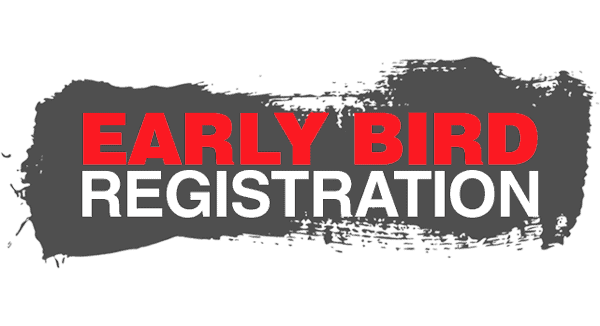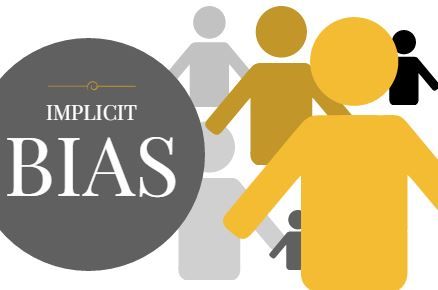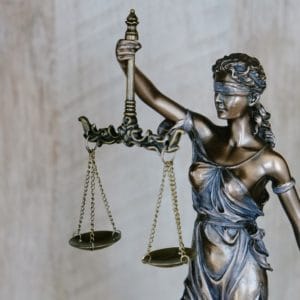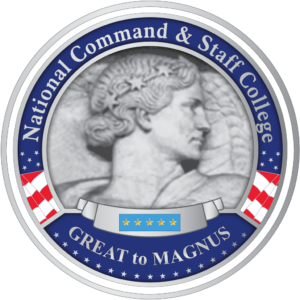Implicit Bias
Instructor: Christopher Hoina, FBI NA # 222
Contact Hours: 6 Hrs.
Includes: Certificate of Completion
Implicit bias describes the automatic association people make between groups of people and stereotypes about those groups. Under certain conditions, those automatic associations can influence behavior—making people respond in biased ways even when they are not explicitly prejudiced. In the context of criminal justice and community safety, implicit bias has been shown to have significant influence in the outcomes of interactions between police and citizens. While conscious, “traditional” racism has declined significantly in recent decades, research suggests that “implicit attitudes may be better at predicting and/or influencing behavior than self-reported explicit attitudes.” As with all types of bias, implicit bias can distort one’s perception and subsequent treatment either in favor of or against a given person or group. In this course, we will also explore race relations in United States history. Institutionalized racism and its effect on the criminal justice system will be discussed. Impartial policing in the 21st century will be addressed as well as community relations.
When you finish this course, you will be able to achieve the following objectives in accordance with the information received in class:
- Demonstrate an understanding of race relations and their impact on policing practices, to include:
- Summarize race and policing in the U.S. in historical context. Discuss the ongoing influence of race relations, strategies to reconcile past injustices, and the importance of fair and impartial policing.
- Identify policing practices that have historically alienated and angered disadvantaged communities of color, and how we can address historically unjust laws and policies.
- Demonstrate an understanding of implicit and explicit bias, to include:
- Explain the difference between implicit and explicit bias.
- Discuss how fear and bias influence officer behavior and police-community relations.
- Identify your own implicit bias and strategies that can reduce the negative influence of bias.
- Demonstrate an understanding of impartial policing, to include:
- Describe institutional racism and other forms of bias in the U.S. in a historical context, and their effect on culture, justice, crime and law.
- Discuss law enforcement practices that reduce bias and positively influence community relations.
- Reflect on your individual practices and how to apply impartial policing practices in your community.

$275.00 $56.95
Seats Available!
Related products
Powered by PSLMS
(Public Safety Learning Management System)
GREAT TO MAGNUS, I AM MAGNUS, MAGNUS OVEA, and all affiliated taglines, logos, and brands are Copyrighted by the Readiness Network, Inc., © 2012
All Rights Reserved, Readiness Network, Inc., / dba National Command and Staff College/dba International Academy of Public Safety © 2012




